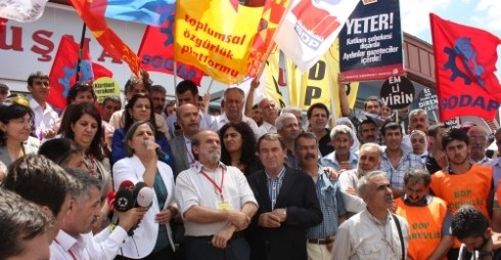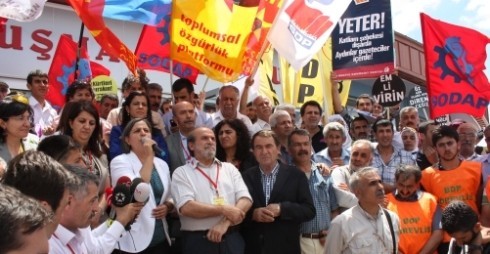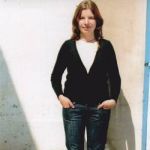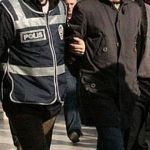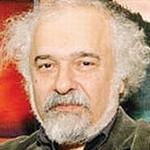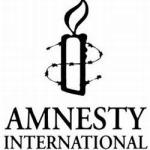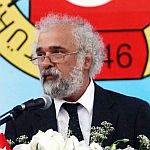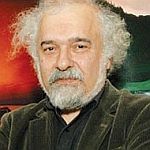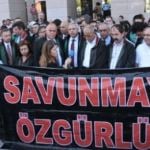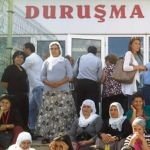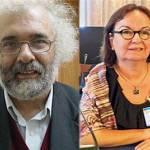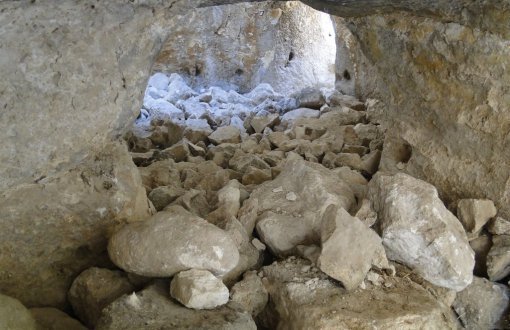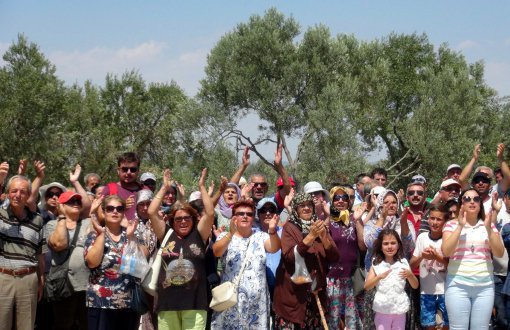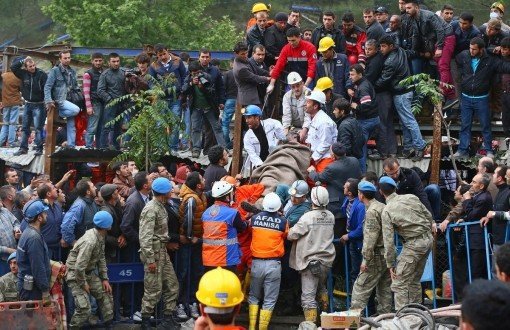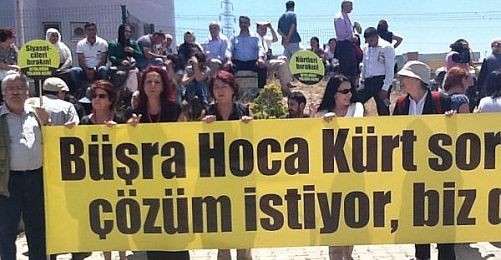
The first hearing of the Kurdistan Communities Union (KCK) trial kicked off in Istanbul's Silivri district on Monday. The court rejected all the defendants' demands, while the lawyers stormed out of the courtroom in protest. Eminent publisher and Nobel Peace Prize candidate nominee Ragıp Zarakolu and prominent academic Büşra Ersanlı are also standing trial in the suit.
Some 205 suspects are currently implicated in the 2401 page long indictment prepared by specially authorized Prosecutor Adnan Çimen, up from 193 suspects since the merging of the trial with other case files.
Prof. Büşra Ersanlı, an academic from Marmara University's Faculty of Economics and Administrative Sciences, is facing the charge of "leading a terrorist organization," while Ragıp Zarakolu, the owner of Belge Publishing House, is standing trial on the charge of "aiding and abetting a terrorist organization." Translator Ayşe Berktay (Hacımirzaoğlu) is also facing the charge of "being a member of a terrorist organization."
The Peace and Democracy Party's (BDP) co-chair Gültan Kışanak, BDP deputies Ertuğrul Kürkçü, Sırrı Süreyya Önder, Sebahat Tuncel, Ayla Akat Ata and Pervin Buldan, People's Republican Party (CHP) deputy Binnaz Toprak, and Lami Özgen, the head of the Confederation of Public Sector Trade Unions (KESK,) also arrived in the courtroom to watch the trial.
The suspects greeted the audience at the court with the slogan "berxwedane jiyane" (To resist is to live,) while Chief Justice Ali Açlık cautioned those present in the courtroom to refrain from applauding, booing and displays of extravagant behavior.
Aktar: "20 million people speak this language"
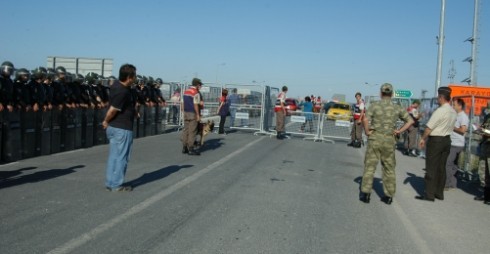
Suspects Kudbettin Yazbaşı and Mümtaz Aydemir issued their identity checks in Kurdish, while Chief Justice concluded the check with the notice that "a language other than Turkish [had been] used."
"This would constitute no trial if the language of a 20 million strong people in Turkey is referred to as an 'unknown language,'" said Mehmet Emin Aktar, the head of the Bar Association in the southeastern province of Diyarbakır.
Meral Danış Beştaş also took the floor and said the case file had put on trial the BDP's right to engage in democratic politics. Only the Constitutional Court reserves the right try political parties, she said and subsequently requested a ruling for "lack of venue and jurisdiction."
Beştaş also requested that three experts examine the BDP's political activities and decide accordingly whether an investigation was called for. If they affirm the need for a probe, she said, then the case file should be sent to the Supreme Court of Appeals.
The lawyers followed with a demand for a translator to be brought in so as to allow for a plea in the suspects' mother tounge.
"A disgrace for democracy"
A large crowd consisting of the representatives of various parties, and primarily those of the BDP, also gathered before the courthouse.
"Restoring the Kurds' democratic rights is not merely an issue for the Kurds but also for Turkey. No one will be free unless the Kurds are free," BDP deputy Ertuğrul Kürkçü told the crowd.
Gültan Kışanak also thanked the demonstrators who arrived from every corner of Istanbul to show their support despite authorities' attempts to stop their buses.
"A disgrace for democracy took place inside. [They] shut the suspects' microphones [when they attempted] to plea in Kurdish. If there is no assimilation in Turkey [as they claim,] then why do they not permit a plea in the [suspects'] mother language?" she said.
BDP member Barış Özgüneş also took the floor in the name of everyone who desired to plea in Kurdish once the court reconvened after a recess at 13:00 p.m.
The suspects all wore black dresses to commemorate the Sivas massacre on July 2, as they could not hold a commemoration in the eastern province of Sivas, Özgüneş said.
Mobs had torched the Madımak Hotel in Sivas, causing the deaths of a number of intellectuals and members of Turkey's Alevi minority in 1993.
Lawyers storm out of the courtroom
"Language is not merely a tool to express oneself, but a sacred means that expresses a people's dreams, imagination and system of thoughts. We reject [this] rhetoric about an 'unkown, inexplicable language.' Refraining from mentioning the name of the Kurdish [langauge] amounts to a perpetuation of the [policies] of denial. Speak at home and on the street, but not in the courtroom! We reject this," Özgüneş said.
Prosecutor Ramazan Saban then rejected the defendant lawyers' arguments for "lack of venue and jurisdiction" in the case, as well as their demands for pleaing in Kurdish, their rejection of the indictment and the removal of telephone records from the indictment.
Following another recess that began at 15:00 and ended 16:45, the Chief Justice proceeded to reject all the defendant lawyers' demands. The lawyers responded by storming out of the courtroom in protest.
Background:
Officials detained Prof. Ersanlı on Oct. 28, 2011 in the district of Datça in the southwestern province of Muğla.
Ragıp Zarakolu, the head of the Turkish branch of the International Publishers Association's (IPI) Freedom to Publish Committee and a writer at the daily Evrensel, was also taken under custody on the same day.
Authorities then issued an order for their arrest on Nov. 1.
The Istanbul 15th Court for Serious Crimes released Zarakolu and 14 other suspects on April 10, 2012.
The prosecutor's office has requested between 7.5 to 15 years behind bars for Zarakolu and 15 to 22.5 years in prison for Prof. Ersanlı. (NV)





